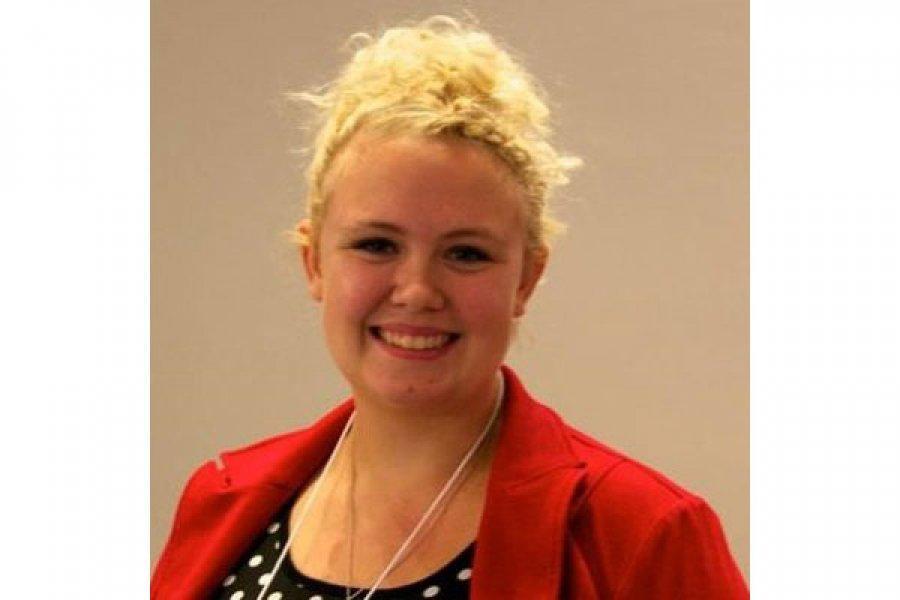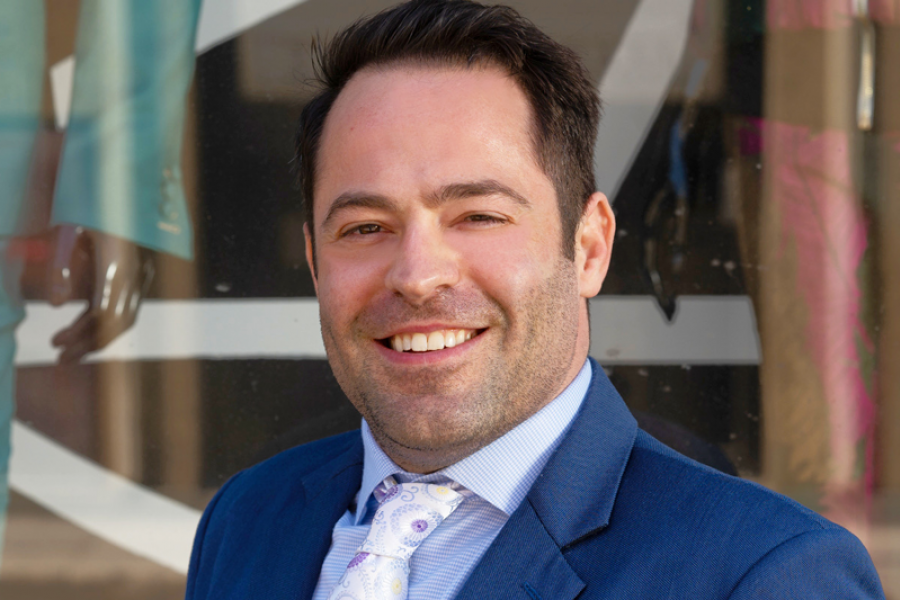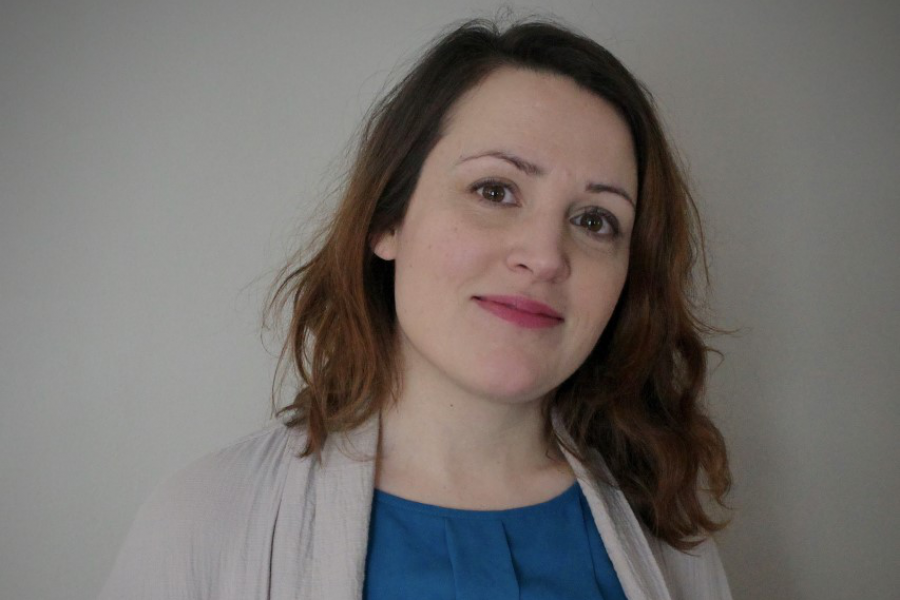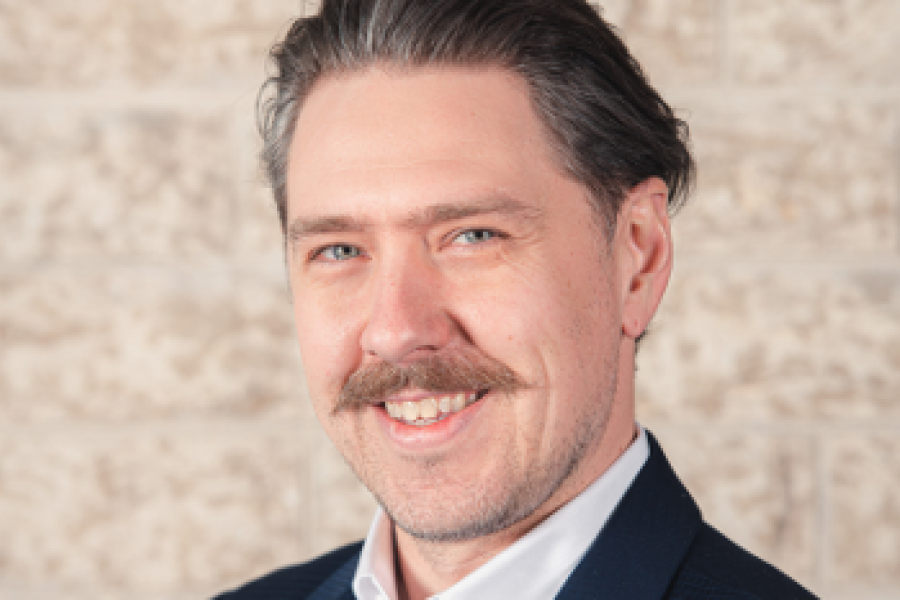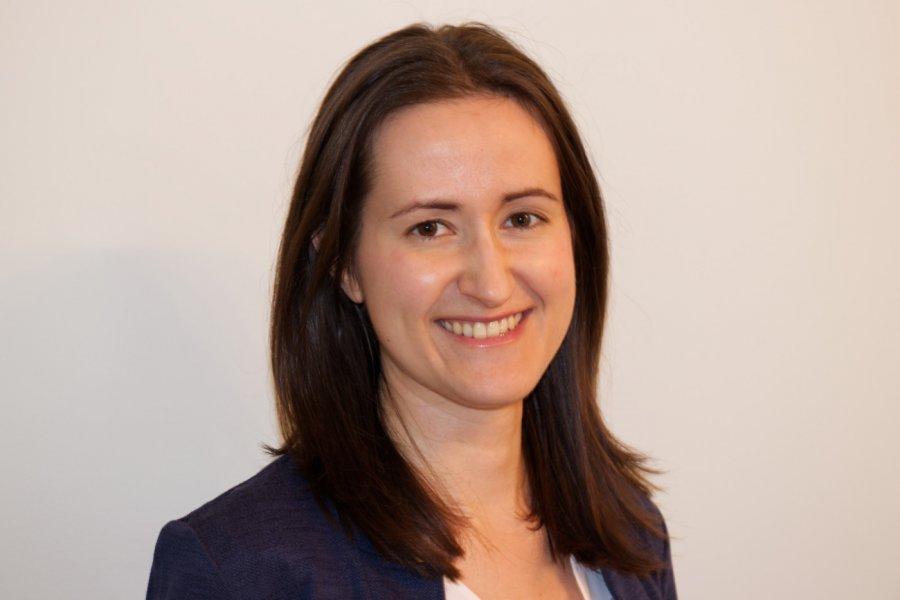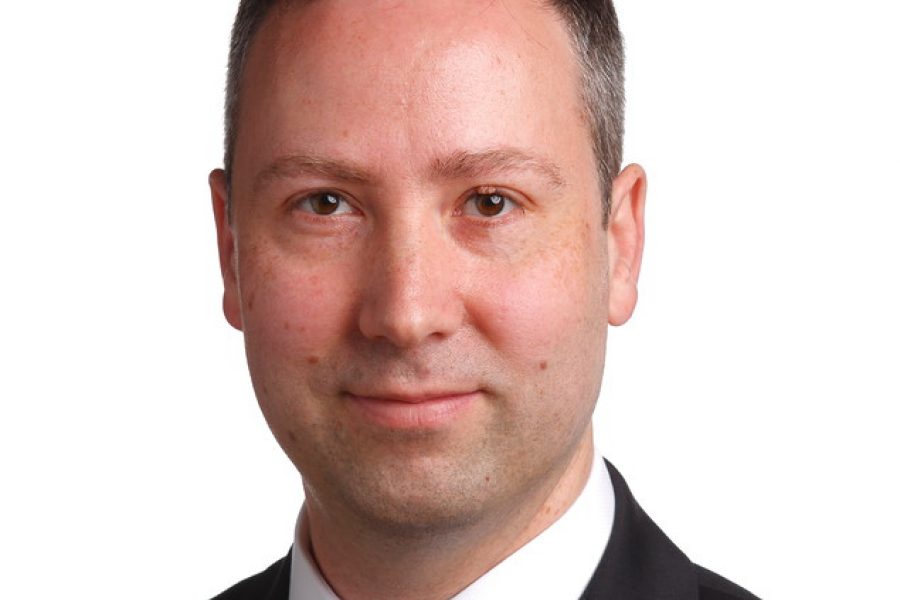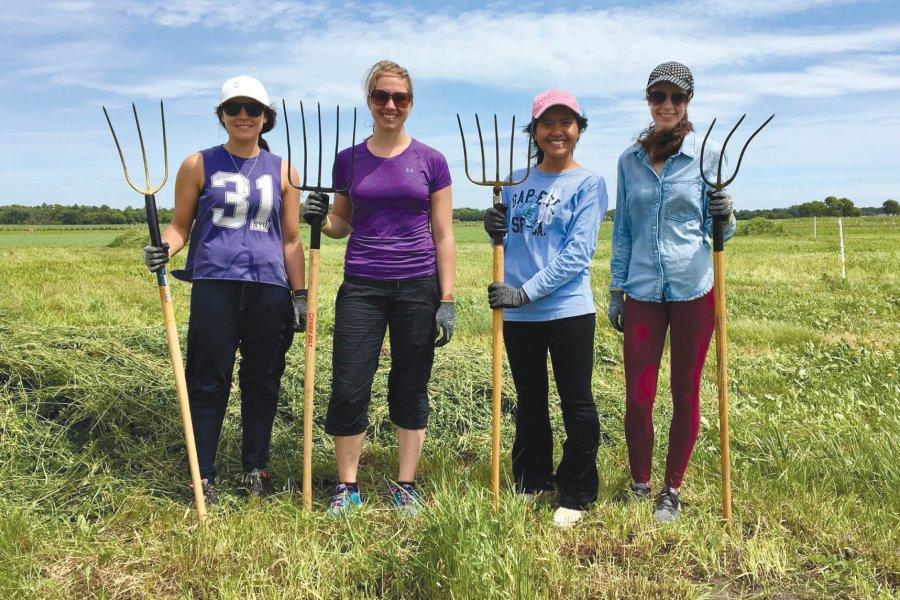Graduate degree: Doctor of Philosophy (French), 2020
Briefly, tell us about your job. What do you find most rewarding? What are your greatest challenges within this profession?
I currently work at Employment and Social Development Canada, where I manage long-term funding agreements between Canada and First Nations in Manitoba. My job involves working both internally with colleagues and externally with partners. A typical day usually includes a variety of tasks, such as organizing and facilitating meetings, providing guidance, clarification, updates or feedback, negotiating, processing financial transactions, reviewing budgets, operational plans, financial statements or data reports, maintaining databases, monitoring progress and helping to resolve issues.
It is rewarding for me to work in partnership with First Nations, to build relationships and to see our efforts lead to participants earning diplomas, certificates and other credentials in order to secure meaningful employment.
Working in government administration means working in a regulated environment, so it can sometimes be challenging to realize the creative opportunities. Transitioning from the narrow field that I worked on in my PhD to completely different areas, like financial management, as well as a different way of thinking, writing and working have also been an adjustment for me. But, receiving excellent mentorship, being open-minded and trying different approaches have helped me to embrace my new role.
Why did you choose to go to grad school? How did your graduate education prepare you to work in your current field?
Initially, I wanted to be a professor. After completing my Master’s, I felt proud of my accomplishment and wanted to continue developing my skills and my area of research, which was still emerging. But I realized early on in my PhD that it would be very difficult to secure a tenure-track position in my field, simply because the positions were very limited. With the financial support I received, I decided to finish my degree and strive toward developing transferable skills, complementing them with work or volunteer experiences, and seeking out other jobs that interested me, such as those in government administration.
My graduate education helped me to develop a large capacity for learning. The ability to integrate considerable amounts of new information has been key for my successful transition to non-academic work. My research background has been useful in understanding the data management related to my current position. Working on long-term projects during my graduate studies provided me with experience in managing complex projects. Fine-tuning my French skills has also been highly beneficial for working in government administration. I have a bilingual position and have contributed to special projects, such as representing my department at a special event marking the 50th anniversary of the Official Languages Act. An advanced level of French skills will also be important for progressing to management positions in government. There are more links between my graduate studies and current job than it seems at first glance, and I continue to discover more of them as I take on more responsibility.
What skills did you gain or enhance during your graduate studies education?
There are many, such as critical thinking, writing and editing, project management, strategic thinking, communication, learning, planning and organizational, analytical, research and problem-solving, as well as French language skills.
What other experiences and activities helped you to map out your career pathway?
Gaining non-academic work experience during my doctoral studies helped me to obtain a full-time job in the last months of my degree. During my graduate studies (and before then too), I was employed part-time through the Federal Student Work Experience Program (FSWEP). This gave me the opportunity to start working in the area of funding programs and to familiarize myself with terminology, processes, and organizations. But this experience alone would not have promoted me to the position I have now. My work as a board member of a non-profit organization in Winnipeg was also impactful. Over the years, I gained a greater understanding of non-profit organizations and experience working with representatives from different sectors. Additionally, following Beyond the Professoriate and attending its annual career conference provided me with community support. These were major factors for my career transition.
As a student, did you see yourself in your current occupation?
I didn’t see myself in my current job, but I did see myself working outside academia.
What advice do you have for students who are interested in pursuing graduate studies?
Be open to using the skills you develop in graduate school outside of academia. You may not use the research from your graduate studies, but you will transfer the skills and experience you gained by doing the research to your non-academic job. Also, find ways to complement your formal education with other meaningful professional opportunities (work and volunteer) to grow your experience and network. Having connections outside academia will give you more options.
What career or job search advice do you have for students and recent graduates?
Look for jobs outside of academia, check the job postings and try to gain the required experience (not just required skills) during your studies, not only after. If you are considering government administration, apply for employment through the Federal Student Work Experience Program. Knowing French is a desirable skill in government. Also, check out useful resources like Beyond the Professoriate to help you navigate your career pathway and be supported by a community. You have much to offer, so be proactive in setting yourself up for success.
Tell us a fun fact about your career path.
Speaking French was an important factor in getting my first student government job (and gave me the confidence to learn and apply Cree in my current job).

